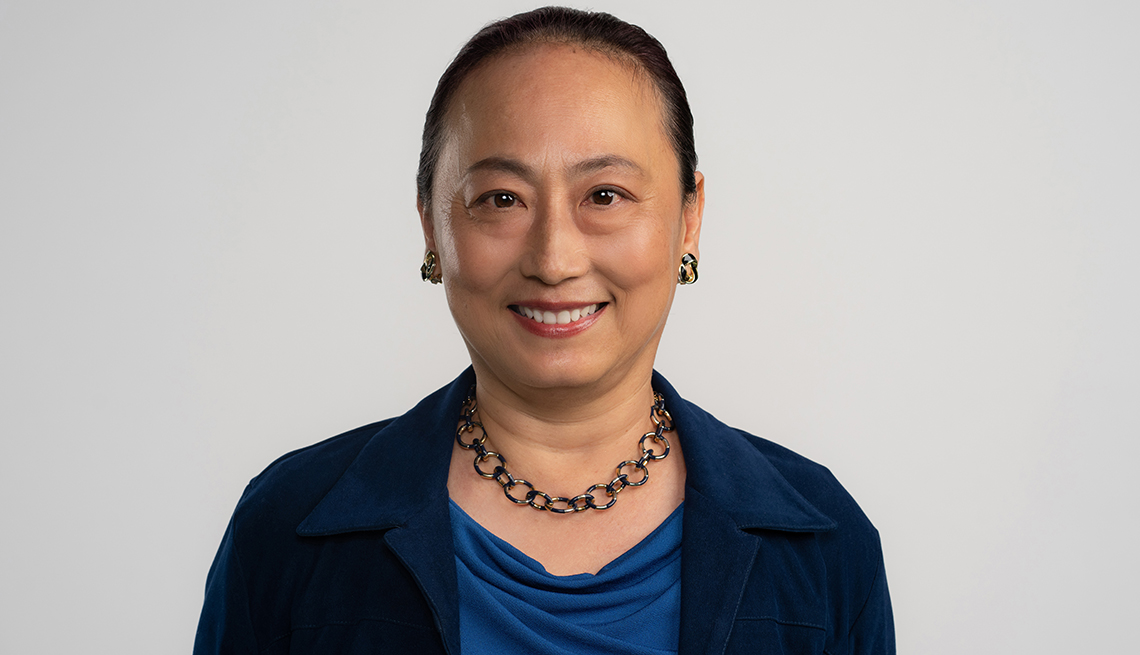
AARP Purpose Prize Fellow Chien-Chi Huang
- Select a language for the TTS:
- UK English Female
- UK English Male
- US English Female
- US English Male
- Australian Female
- Australian Male
- Language selected: (auto detect) - EN
Play all audios:
By
Hallie Levine,
AARP En español Published August 18, 2022Stephen Voss
Cancer is the leading cause of death of Asian women in the United States, and breast cancer is the most commonly diagnosed cancer among them. Despite this, Asian women are less likely to be
up to date on key cancer screening tests, such as pap smears and mammograms. They are also less likely to seek help for physical, behavioral or mental health issues than white women. I
launched Asian Women for Health (AWFH) 10 years ago to advance Asian women’s health and well-being through education, advocacy and support. Over the past decade we have empowered more than
10,000 women to do just that.
The problem I'm trying to solveAWFH’s main goal is to increase health care equity for Asian women and their loved ones. Asian women have lower breast cancer screening rates than Black and white women, for example, and
they have more delays in follow-up care after an abnormal mammogram. They’re also one-quarter as likely as whites, and half as likely as Black and Hispanic Americans, to seek mental health
services.
As an immigrant and cancer survivor, I know firsthand how difficult it is to navigate the U.S. health care system. We provide culturally responsive and linguistically appropriate programs to
reduce these barriers for Asian women and girls, especially those who are new to this country. When they encounter stressors or illnesses, we do not want them to feel afraid, ashamed and
alone.
The moment that sparked my passionI was diagnosed with breast cancer at the age of 40. I had my first mammogram three months before my diagnosis, but that did not catch the tumor: I found the lump on my own. Asian women tend
to have denser breasts, which may make it harder for tumors to be detected on a mammogram. After my diagnosis, I realized that there were many other Asian women with breast cancer, but no
one talked about it, and we were all isolated. I wanted to find other Asian cancer survivors, to share and support one another on the recovery journey together.
What I wish other people knew